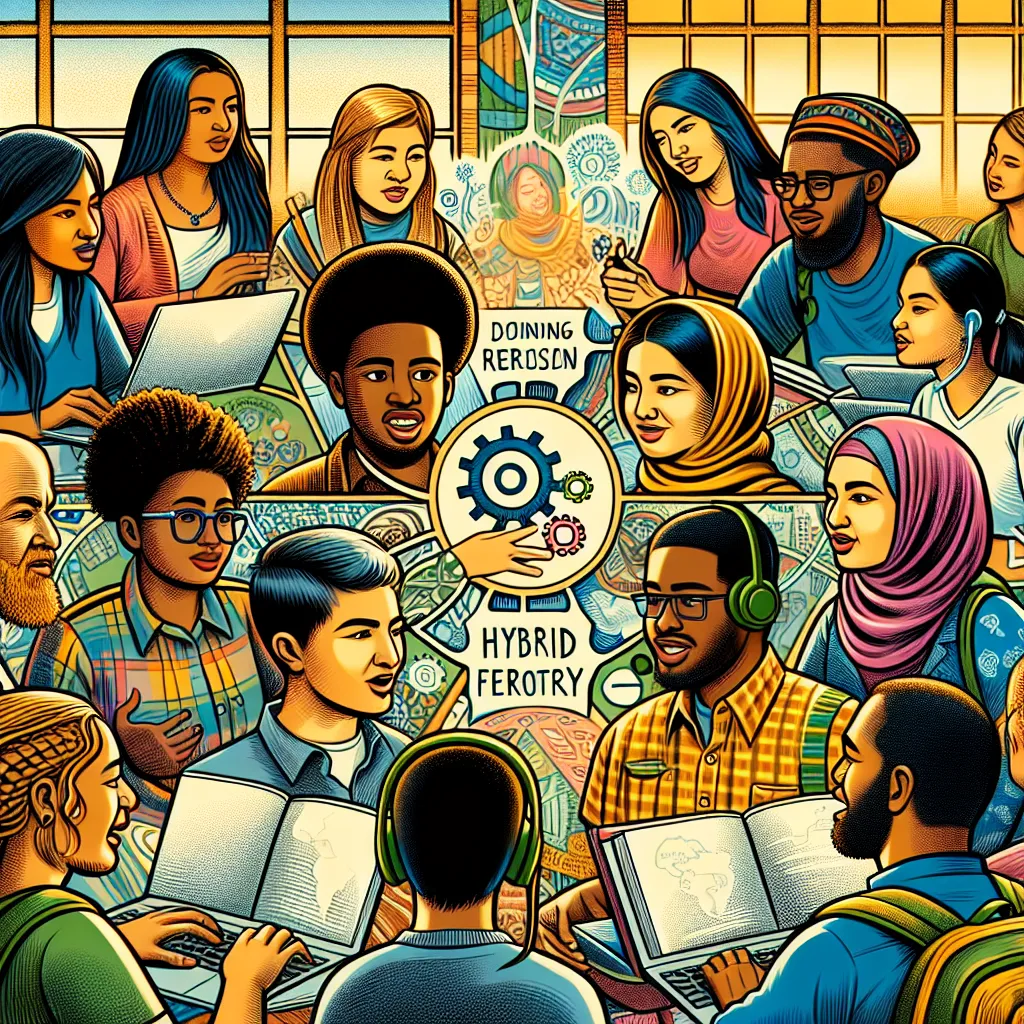Are you preparing for a job interview and feeling anxious about discussing your educational background in English? You’re not alone. Many job seekers find this aspect of the interview process challenging, especially when it’s not in their native language. This guide will help you navigate through the intricacies of talking about your education in an interview, ensuring you present yourself confidently and effectively.
Understanding the Importance of Discussing Your Education
When interviewers ask about your education, they’re not just interested in the name of your school or your degree. They want to understand how your educational experiences have shaped you and prepared you for the role you’re applying for. This is your opportunity to showcase your knowledge, skills, and the value you can bring to their organization.
 Education Interview
Education Interview
How Interviewers Evaluate Your Educational Background
Interviewers typically assess your educational background from multiple angles:
- Relevance to the position
- Academic performance
- Skill development
- Extracurricular activities
- Continuous learning attitude
Understanding these aspects will help you prepare more effectively for your interview.
Common Education-Related Interview Questions and Sample Answers
Let’s explore some frequently asked questions about education in interviews, along with sample answers to guide you:
1. Can you tell me about your educational background?
Sample Answer: “I hold a Bachelor’s degree in Computer Science from XYZ University, where I graduated with honors. During my time there, I focused on software development and data structures, which aligns perfectly with the requirements of this position. I also completed a minor in Business Administration, which has given me a solid foundation in project management and team collaboration.”
2. How has your education prepared you for this role?
Sample Answer: “My education in Marketing at ABC College provided me with a strong theoretical foundation in consumer behavior and market analysis. Additionally, I participated in several group projects that simulated real-world marketing campaigns, which honed my teamwork and presentation skills. These experiences have equipped me with the analytical and creative thinking abilities crucial for the marketing coordinator role I’m applying for.”
3. What was your favorite subject in school and why?
Sample Answer: “My favorite subject was Environmental Science. I was fascinated by the complex interactions within ecosystems and how human activities impact our planet. This passion led me to choose several elective courses in sustainable development, which I believe will be valuable in this role, especially considering your company’s commitment to eco-friendly practices.”
Tips for Discussing Education When You Lack Experience
If you’re a recent graduate or your education isn’t directly related to the job you’re applying for, consider these strategies:
- Highlight transferable skills
- Discuss relevant projects or coursework
- Emphasize your ability to learn quickly
- Mention any internships or part-time jobs
Common Mistakes to Avoid When Talking About Your Education
Be aware of these pitfalls:
- Overstating your qualifications
- Focusing too much on grades without context
- Neglecting to connect your education to the job requirements
- Speaking negatively about your educational experiences
Follow-up Questions and How to Answer Them
Interviewers often ask follow-up questions to delve deeper into your educational experiences. Here are some examples with suggested responses:
-
Q: “How did you handle challenging coursework?”
A: “When faced with difficult subjects, I formed study groups and sought help from professors during office hours. This taught me the importance of collaboration and proactive problem-solving.” -
Q: “Can you describe a significant project you worked on during your studies?”
A: “In my final year, I led a team project developing a mobile app for campus navigation. This experience enhanced my leadership skills and taught me how to manage a project from conception to completion.” -
Q: “How do you plan to continue your education or professional development?”
A: “I’m committed to lifelong learning. I regularly attend industry webinars and am currently pursuing a certification in project management to complement my degree.” -
Q: “If you could change one thing about your educational experience, what would it be?”
A: “While I value my education greatly, I wish I had taken more interdisciplinary courses to broaden my perspective. However, I’m addressing this through self-study and online courses in related fields.” -
Q: “How did you balance your studies with other commitments?”
A: “I maintained a part-time job throughout college, which taught me excellent time management skills. I created detailed schedules and prioritized tasks effectively to ensure I met all my academic and work obligations.”
 Education Discussion
Education Discussion
Conclusion
Talking about your education in an interview is an opportunity to showcase your qualifications, skills, and potential value to the employer. By preparing thoughtful responses that connect your educational experiences to the job requirements, you can make a strong impression. Remember to be honest, highlight your strengths, and demonstrate your enthusiasm for continuous learning.
For more tips on acing your job interview, check out our guide on how to improve grammar in formal presentations. And if you’re looking to enhance your overall English skills for professional settings, don’t miss our article on advanced grammar for journalism.
We’d love to hear about your experiences discussing education in interviews. Share your stories and tips in the comments below!




